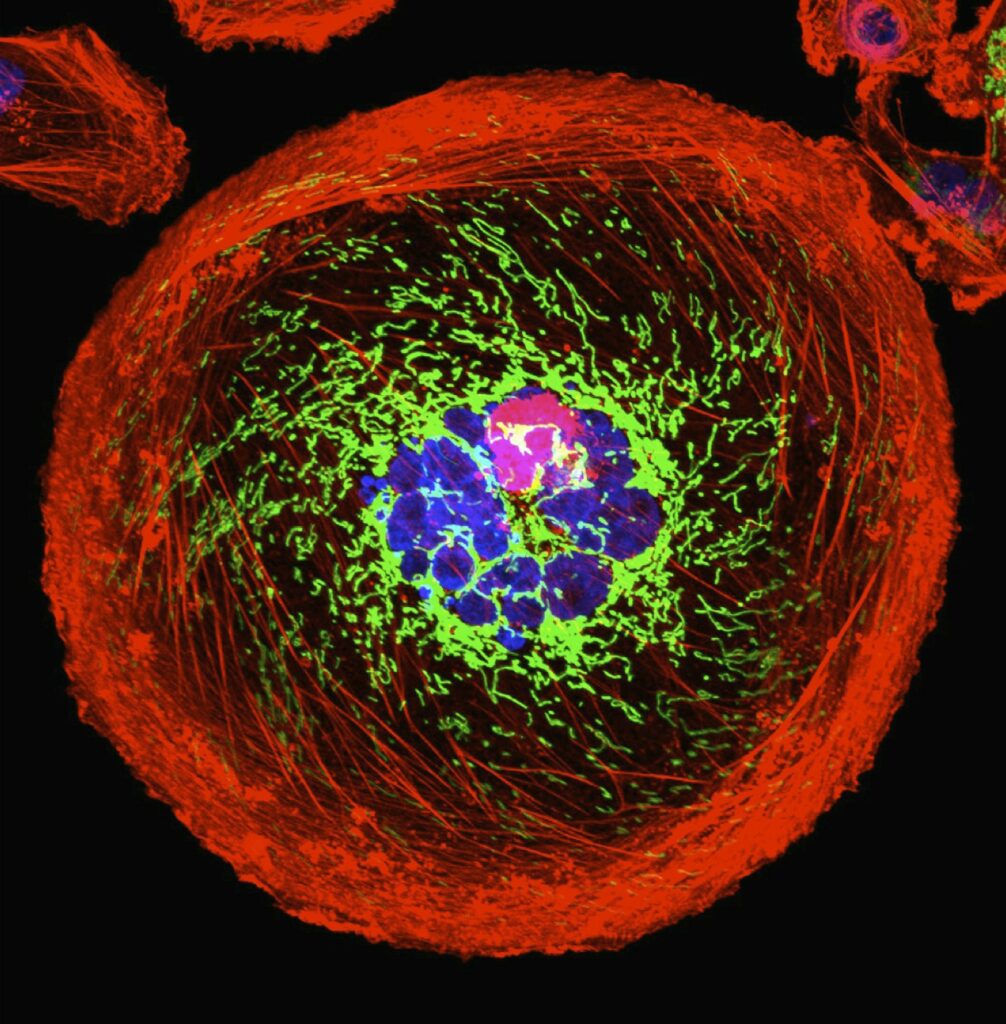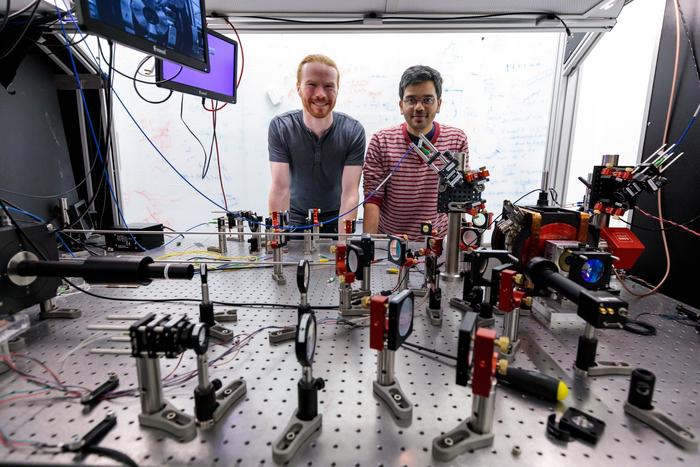
PRESS RELEASE — Zapata Computing, Inc., a leading enterprise quantum software company, will partner with the U.K.-based University of Hull. The partnership will support research to evaluate Orquestra, Zapata’s quantum workflow platform, to enhance a quantum application designed to detect signatures of life in deep space.
The evaluation will run for eight weeks before the team publishes an analysis of the research. It is expected to be the first of several collaborations between Zapata and the University of Hull for quantum astrophysics applications.
In 2016, MIT researchers suggested a list of over 14,000 molecules that could indicate signs of life in exoplanets’ atmospheres. However, little is currently known about how these molecules vibrate and rotate in response to infrared radiation generated by nearby stars. The E.A. Milne Centre for Astrophysics at the University of Hull aims to generate a database of detectable biological signatures using new computational models of molecular rotations and vibrations, including models that leverage quantum computing.
Quantum computers allow for extremely accurate calculations of the key variable defining atom-atom interactions — electronic correlation — and thus could improve scientists’ ability to detect the building blocks of life in space. This is particularly important because even simple molecules, such as oxygen or nitrogen, have complex interactions that require very accurate calculations.
“With Zapata’s support, we are one step closer to discovering life beyond Earth,” said Dr. David Benoit, senior lecturer in Molecular Physics and Astrochemistry at the University of Hull. “Although quantum computers are still early and cannot yet outperform classical hardware, Zapata has made it possible to generate valuable insights from the Noisy Intermediate-Scale Quantum (NISQ) devices currently available. With Orquestra, we can build applications that use these NISQ devices today with the capacity to leverage the more powerful quantum devices of the future.”

Zapata’s Orquestra platform empowers enterprises and research organizations to build quantum-enabled workflows®, execute them across the full range of quantum and classical devices, and then collect and analyze the resulting data. With Orquestra, organizations can harness quantum capabilities to generate augmented data sets, speed up data analysis, and construct better data models for a range of use cases. Importantly, it provides organizations with the most flexible, interoperable, and forward-compatible toolset for building quantum capabilities without getting locked in with a single vendor or architecture in the years to come.
“The research being done by Dr. Benoit and his colleagues has the potential to redefine our place in the universe, and we’re humbled that Orquestra will have a supporting role,” said Christopher Savoie, CEO and co-founder of Zapata Computing. “We hope our research together will clearly demonstrate the potential for quantum computing to answer some of our greatest questions today, while providing a glimpse of the transformative impact quantum computing will have on our society in the future.”
If you found this article to be informative, you can explore more current quantum news here, exclusives, interviews, and podcasts.




















